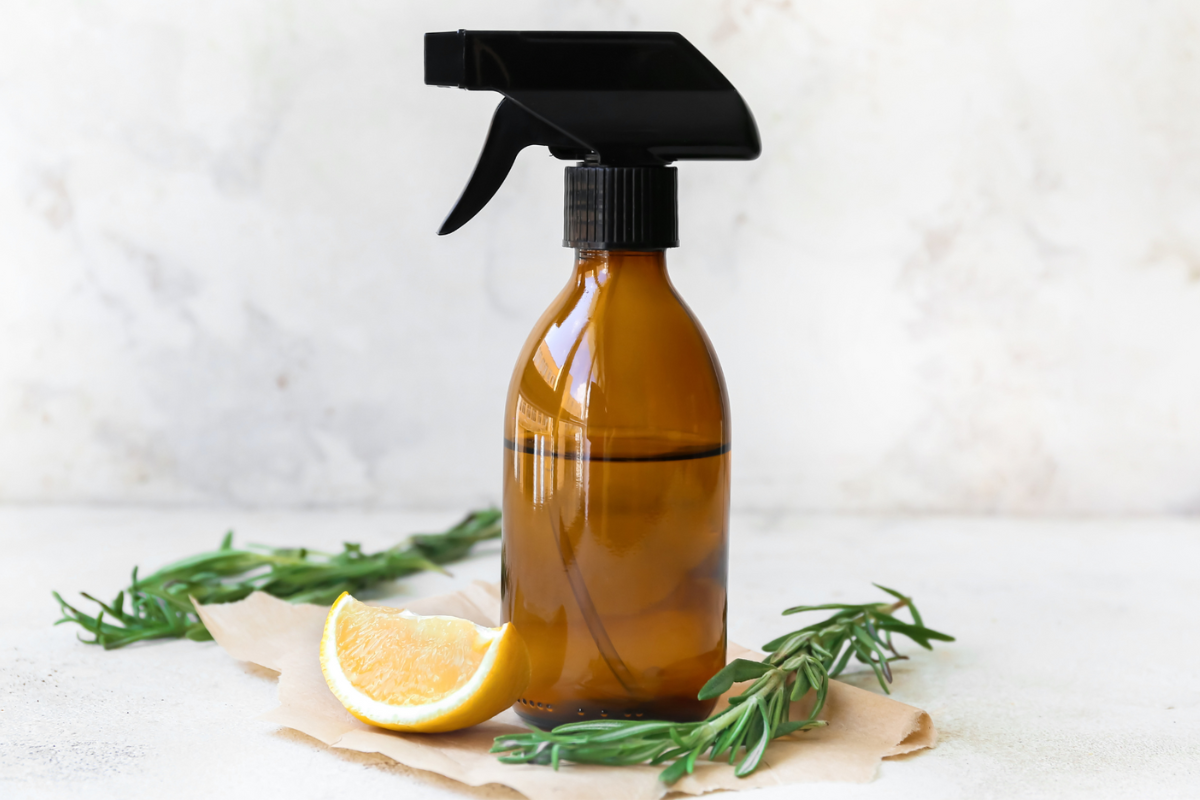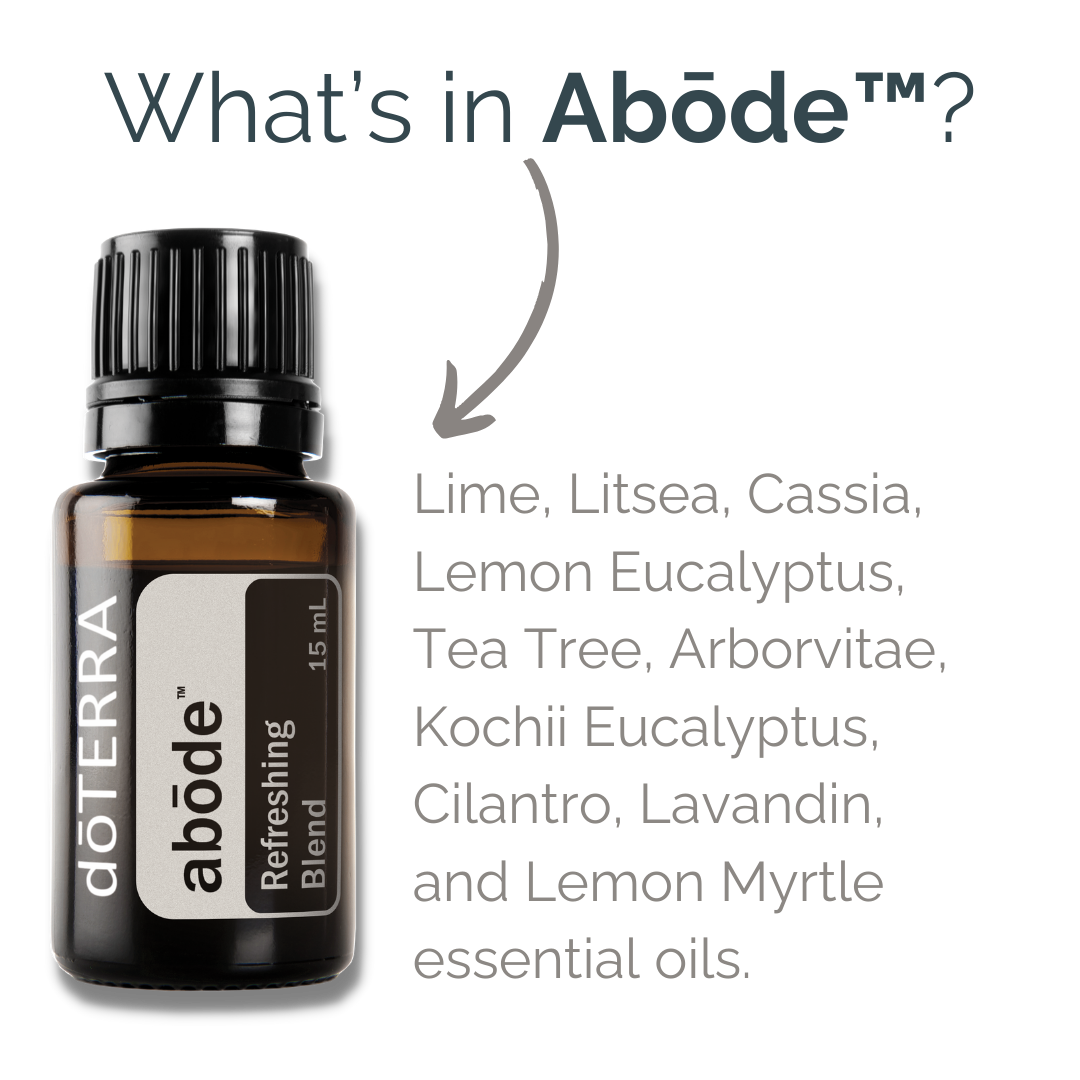How to make room sprays with essential oils.
7 room spray recipes
Why make our own room sprays?
Many of the commercial air fresheners on the market today contain volatile organic compounds (VOCs), such as acetone, ethanol, d-limonene, pinene, and acetate, which are also known to be extremely harmful to the environment.
Volatile organic compounds (VOCs) are a group of chemicals that can be found in both indoor and outdoor air. Exposure to some VOCs can cause fatigue, nausea, dizziness, headaches, breathing problems, and irritation of the eyes, nose, and throat. Long-term exposure to high levels of VOCs can lead to more serious health problems such as damage to the liver, kidney, or central nervous system, and even cancer.
VOCs can be found in many indoor sources such as cooking, cigarette smoke, candles, air fresheners, cleaning products, and building materials like paint and varnish.
It’s a curious irony that human beings ever felt the need to make the natural air in their living space more ‘fresh’ by filling it with chemicals, instead of using the tools of aromatherapy.
Before 1948, all the way back to pre-history, rooms were perfumed with – you guessed it – natural essential oils.
Just in case you need a few more reasons to make your own sprays for your home, here are a few:
No synthetic fragrances: Many store-bought room sprays contain synthetic fragrances that can be harmful to your health. These fragrances can cause headaches, skin irritation, and other health problems. Essential oils, on the other hand, are natural and safe to use around your home, pets, and family.
Customizable: When you make your own room spray, you can customize the scent to your liking. You can choose from a wide variety of essential oils and create unique blends that suit your mood and preferences.
Cost-effective: Making your own room spray can be more cost-effective than buying store-bought sprays. Essential oils are concentrated, so a little goes a long way. You can also reuse the same spray bottle and simply refill it with your own blend.
Eco-friendly: Making your own room spray is an eco-friendly option that reduces waste. You can reuse the same spray bottle and avoid buying new ones. You can also choose to use organic and sustainably sourced essential oils to reduce your environmental impact.
For the base room spray recipe, you will need:
A 4 oz glass (or clean, plastic re-used) spray bottle
Your choice of essential oils (blends below)
Distilled water
A clean, unflavored and unscented alcohol, such as vodka; OR witch hazel
Directions:
Add your solubol-dispersant.
And then your oils or oil blend.
Add alcohol or witch hazel
Top off with distilled water.
Recipes
Air Freshening Room Spray
7 drops Juniper Berry
5 drops Basil
3 drops Peppermint
Kitchen Room Spray
6 drops Lemon
5 drops Wild Orange
5 drops Lime
3 drops Bergamot
Bathroom Room Spray
5 drops Lemongrass
4 drops Eucalyptus
4 drops Peppermint
Bedroom Room Spray
5 drops Lavender
5 drops Marjoram
3 drops Roman Chamomile
doTERRA Blends to add to your sprays (instead of single oils)
Air Freshening: 15 drops of Air-X
Bathroom: 15 drops of OnGuard
Kitchen: 15 drops of Abode
Bedroom: 15 drops of Adaptiv







